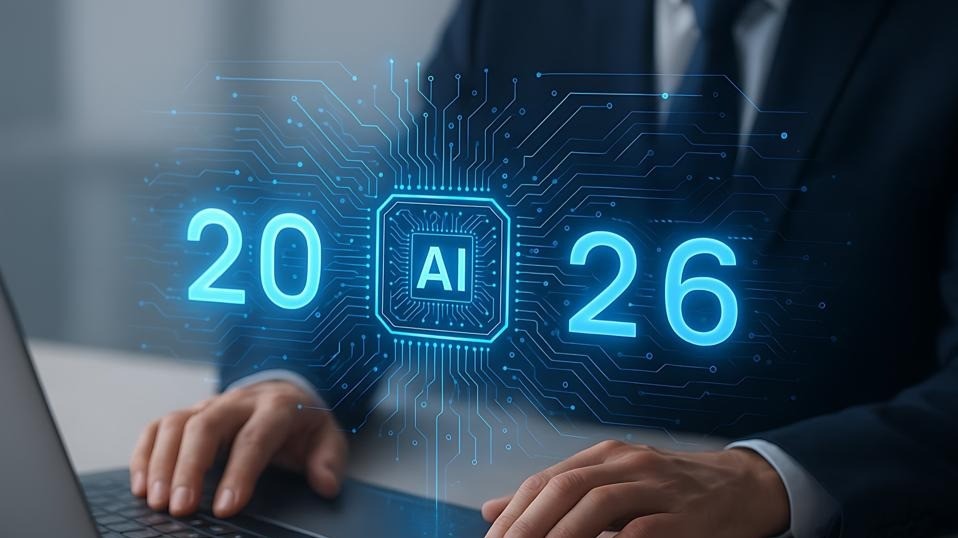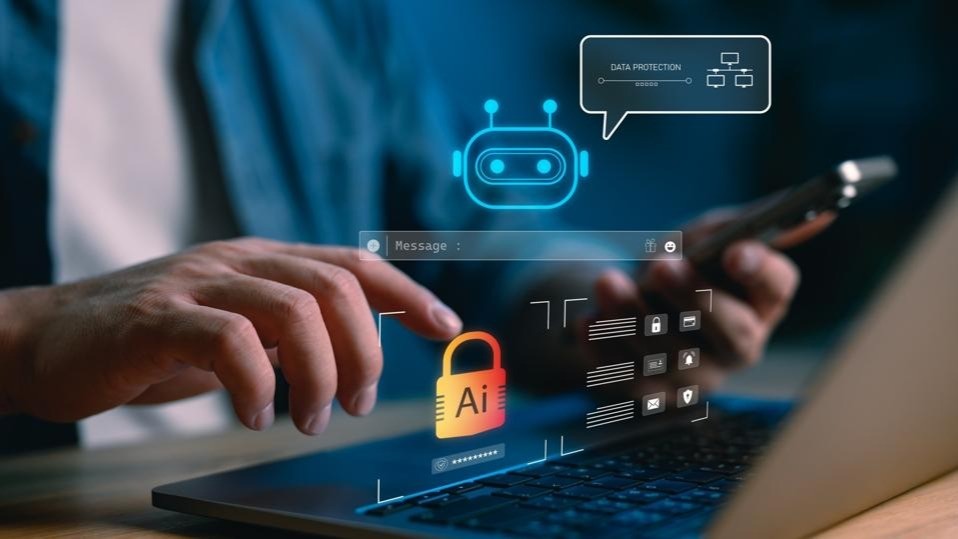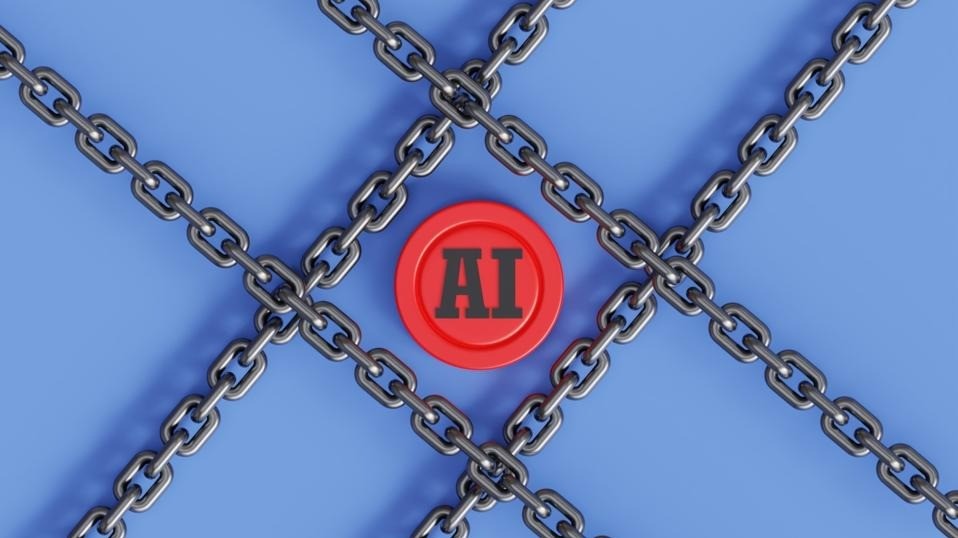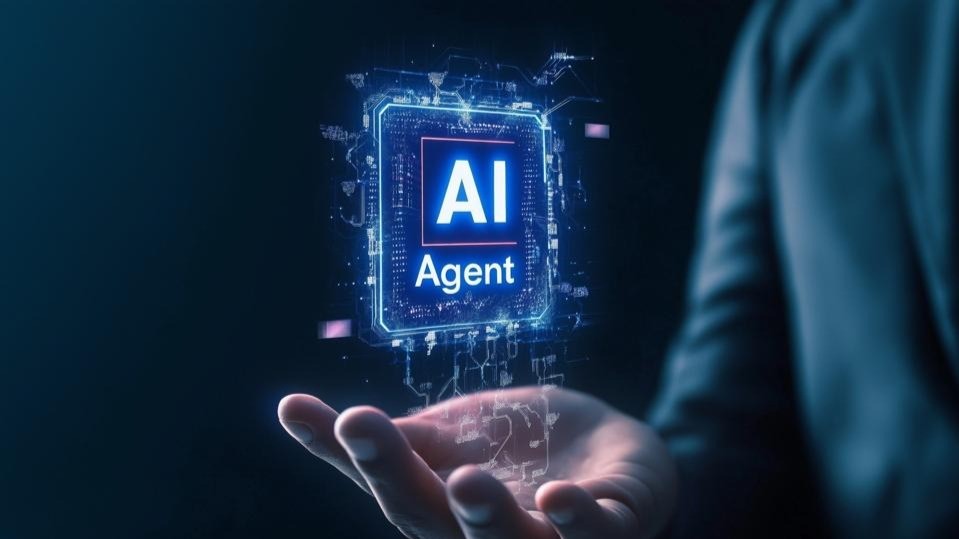AI Delegation: The One Skill You Will Need To Succeed In The Future
3 July 2023
Artificial intelligence (AI) isn’t going to replace people – but people who use AI are going to replace people who don’t.
This is the current thinking among executives at companies like IBM, where CEO Arvind Krishna recently said he was going to “selectively” pause hiring for back-office jobs that can be done by AI.

AI has been a hot topic in technology for some years now, at least since the emergence of deep learning during the last decade. This demonstrated that software algorithms capable of “learning” would soon be able to do many jobs that traditionally could only be done by humans.
But it’s the more recent emergence of generative AI tools (most famously the all-conquering ChatGPT) that has really opened eyes to how powerful, useful, and accessible the technology has now become.
From the smallest of startups to the largest multinational enterprises, businesses that previously may have been keeping an eye on AI as something they will need to invest in soon, are now racing to adopt it.
And it isn’t just corporate entities that are worried they might be left behind. For individuals, too, the ability to understand and work with AI is becoming a critical skill in many industries, occupations, and professions.
One thing that’s quickly becoming apparent is that the key to staying ahead of the curve lies in mastering the concept of AI delegation. Put simply; this means working out what we still need to do for ourselves and what’s best left to machines.
AI in the Workplace
AI is quickly shifting from a cutting-edge IT application reserved for high-tech startups and large enterprises to an everyday tool that anyone can put to use.
In sales and marketing, it’s used across the spectrum, from identifying business opportunities and segmenting customers to creating content and tailoring personalized promotional materials toward niche groups.
In finance, it is used to automate complex data tasks such as scanning millions of transactions to identify fraud, as well as predicting market trends and managing risks.
In legal professions, it can quickly summarize vast quantities of case law and draft contracts and documents. Doctors and hospitals are using it to analyze medical images and make more accurate diagnoses. Designers and engineers use generative design to prototype products and structures, as well as predictive maintenance, to improve the efficiency of repairs and maintenance.
As AI becomes more powerful and more widely accessible, more and more of us will find ourselves using it in our working lives. How proficient we become at putting it to work in order to drive efficiency and create value will increasingly become a driver of success in our careers.
Just like those who were capable of learning to use mechanical tools thrived following the industrial revolution, those capable of using computers and the internet took the lead at the beginning of the information age.
AI Delegation – What it Means
The difference between this and previous revolutions in workplace technology is that it isn’t manual and menial labor that’s being replaced. IBM’s chief commercial officer, Rob Thomas, has said, "Managers that use AI will replace the managers that do not.”
Just as with any delegation, AI delegation requires managers to understand the skills and abilities they have in their workforce – only it's a robotic workforce rather than a human one. Obviously, this means that a good starting point is to understand the capabilities of AI, the tools that are available, and how they specifically relate to the business functions you manage or oversee.
AI delegation isn’t simply for those who have what would traditionally be termed managerial functions within an organization – in basic terms, those who manage other people.
Whatever their role or level of seniority, every employee has a workload to manage. And AI delegation can reduce the time spent on repetitive tasks that take time away from focusing on tasks that still require human skills.
AI delegation – whether by managers or front-line workers – can vastly increase efficiency by managing routine elements of work such as data entry, processing and analysis, detecting errors, reviewing documents, and scheduling and time management.
As well as handing over work to those best placed and equipped to carry it out (AI in this case), the value of delegation lies in what can be done with the time saved. This means more time to spend on tasks that require original thought, high-level strategy and decision-making, and interpersonal communications and relationship building.
What Skills are Needed for AI Delegation?
First of all, it’s important to develop an understanding of what AI is capable of and what its limitations are. This will be essential when it comes to deciding what can or can't be delegated to AI. Currently, for example, although AI can write impressively, from computer code to poetry, it isn’t capable of original thought – so if you need a way to communicate your own ideas, opinions, and strategies, it's still going to require a high level of human input.
Next, anyone wanting to collaborate with and delegate to AI will need to know how it impacts their particular role and responsibilities within their organization. AI is currently being implemented across back-office functions from finance to HR, as well as customer-facing operations like marketing and technical support. Learning about the latest applications and how to identify new opportunities as they relate to your job is critical to being prepared for this.
Then we move on to using AI tools themselves. Although tools like ChatGPT are designed to be very easy to get started with, learning to really use them effectively still means dedicating some time to studying and learning them. Working through a quick, free online course in generative AI will vastly improve the quality of the work you’re capable of getting it to do. And just like anything, the real skill comes with practice. With generative AI, the skill lies in being able to clearly communicate exactly what you want it to do and give it feedback to keep it on track.
And last but by no means least, it’s critical to develop an understanding of the legal, regulatory, and ethical implications of using AI in the workplace. This means understanding the implications of feeding data into AI systems and steps that need to be taken to respect privacy or minimize the impact of bias and other prejudicial factors in your data.
The Future of AI Delegation in the Workplace
The nature of work and the workplace is evolving quickly. Just as was the case following previous technology revolutions, the next generation of leaders will emerge from those who are capable of moving with the times.
Taking time to master AI delegation is an important step for anyone who wants to make sure they are among them. This centers on the ability to understand the capabilities of AI, make decisions about what can be delegated, and manage the delegation in an efficient and ethical manner.
Most importantly, remember that AI is a tool – perhaps the most useful and powerful one that will emerge during our lifetimes. By mastering it and learning to use it effectively, we can enjoy careers that are more productive, interesting, and rewarding.
Related Articles
The 8 Biggest AI Trends For 2026 That Everyone Must Be Ready For Now
By now, “smart” versions exist of just about every home appliance, gadget and gizmos we can think of. However, manufacturers continue[...]
AI, Consciousness And Longevity: A Conversation With Deepak Chopra
By now, “smart” versions exist of just about every home appliance, gadget and gizmos we can think of. However, manufacturers continue[...]
AI Chatbots Are Quietly Creating A Privacy Nightmare
By now, “smart” versions exist of just about every home appliance, gadget and gizmos we can think of. However, manufacturers continue[...]
The Biggest Barriers Blocking Agentic AI Adoption
By now, “smart” versions exist of just about every home appliance, gadget and gizmos we can think of. However, manufacturers continue[...]
Space, AI, And The Future Of Human Potential
By now, “smart” versions exist of just about every home appliance, gadget and gizmos we can think of. However, manufacturers continue[...]
AI Agents Are About To Reshape The Future Of Business
By now, “smart” versions exist of just about every home appliance, gadget and gizmos we can think of. However, manufacturers continue[...]
Sign up to Stay in Touch!
Bernard Marr is a world-renowned futurist, influencer and thought leader in the fields of business and technology, with a passion for using technology for the good of humanity.
He is a best-selling author of over 20 books, writes a regular column for Forbes and advises and coaches many of the world’s best-known organisations.
He has a combined following of 4 million people across his social media channels and newsletters and was ranked by LinkedIn as one of the top 5 business influencers in the world.
Bernard’s latest book is ‘Generative AI in Practice’.










Social Media